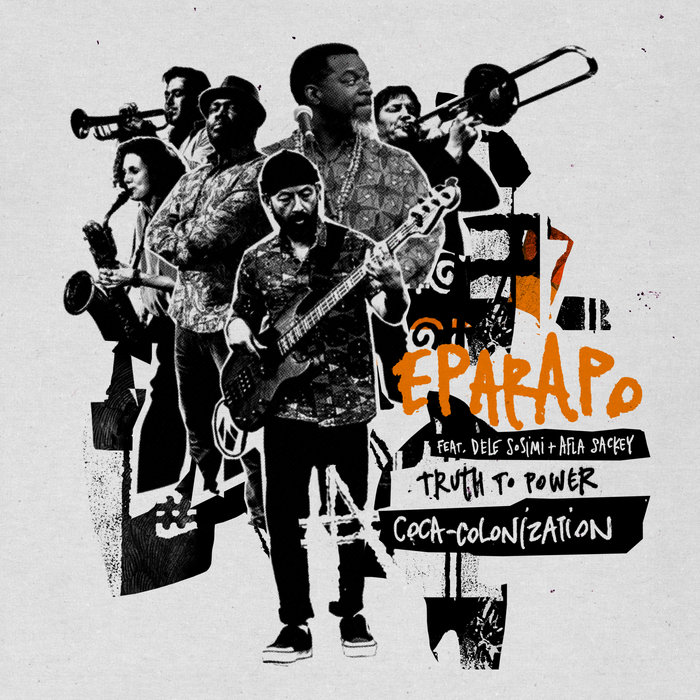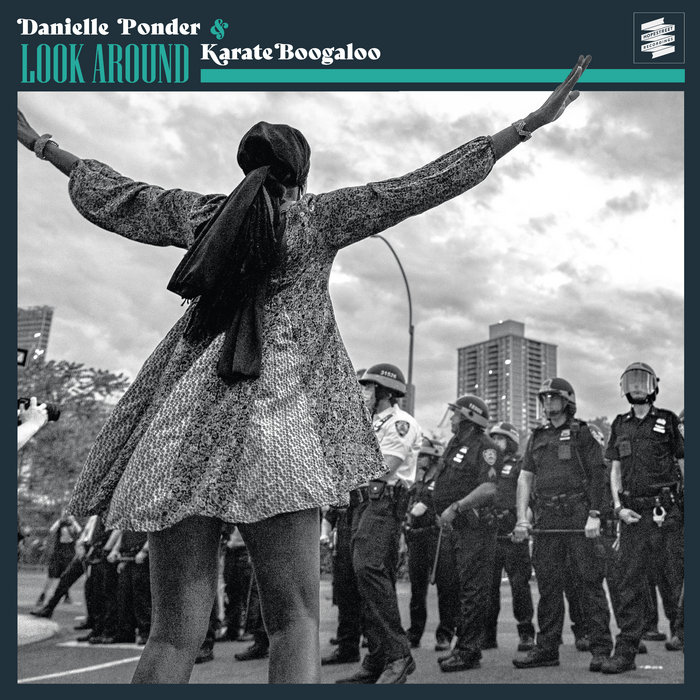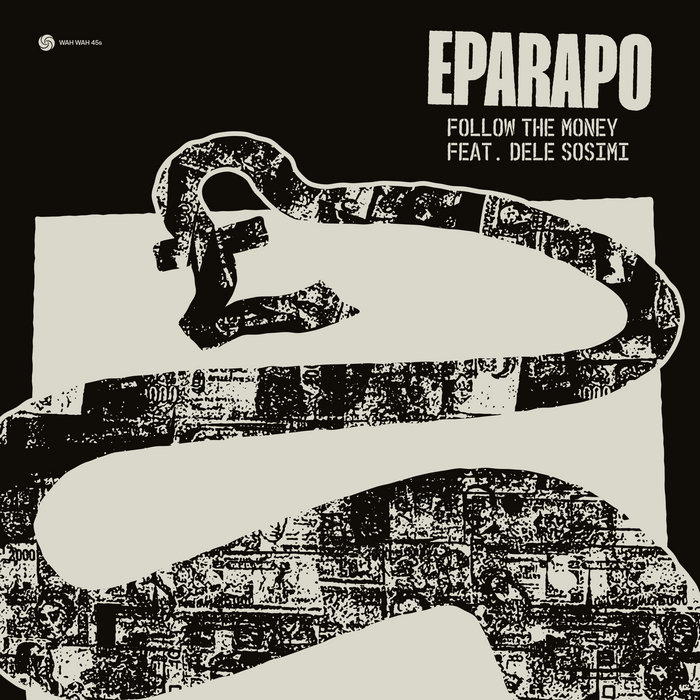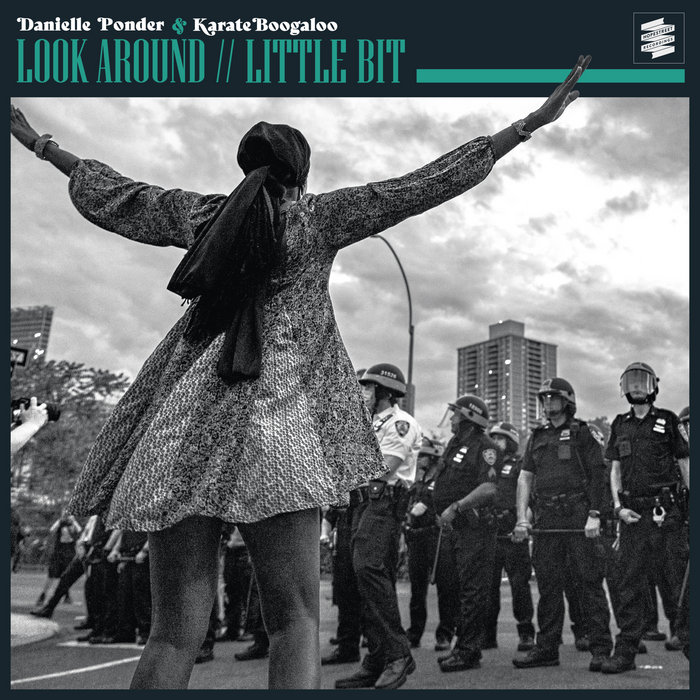
Coca-Colonization feat. Dele Sosimi & Afla Sackey – Eparapo
this blog is GROOVY – check out great Soul, Funk, Jazz, Hip Hop, Bass, Breaks , Reggae, House n many more TUNES
Hey there, music lovers! Grab your guitar, turn up the volume, and let’s take a wild ride through the funky history of protest music—the beats that shook society and made people stand up (and dance). This genre isn’t just about rhythms; it’s about messages that hit hard and hearts that beat louder.
Protest music is all about shaking things up. It’s the anthem for those who want to voice their opinions against issues like war, inequality, racial injustice, and environmental concerns. You know the vibe: catchy tunes with lyrics that make you think—or at least bob your head while pondering the universe!
The roots of protest music can be traced back to folk artists in the 1960s. Think Bob Dylan, whose song “Blowin’ in the Wind” became a rallying cry for civil rights. Dylan wasn’t just strumming his guitar; he was weaving words into a tapestry of social change.
Did you know Bob Dylan once received an award from France? It was for being “the greatest living poet” (no pressure). But here’s where it gets funny: when journalists tried to get his opinion on being labeled a poet, he simply shrugged it off and said something like “I’m just trying to write songs.” Classic Dylan!
As we groove into the late ’60s and early ’70s, rock bands took center stage in protest. Acts like Creedence Clearwater Revival blasted anti-war sentiments with tracks like “Fortunate Son.” By this time, loud guitars weren’t just entertainment—they were weapons against tyranny!
Ever heard about John Lennon? While he had super serious messages behind songs like “Imagine,” did you know he once staged a “Bed-In”? That’s right! He spent time lying in bed as a form of protest against war—talk about taking relaxation seriously! Imagine if more protests happened from cozy comforters…
Fast forward to punk rock’s explosion in the late ’70s—a time when spiked hair wasn’t only a fashion statement but also an act of rebellion! Bands such as The Clash got everyone buzzing with their rebellious anthem “London Calling.” Their spirit challenged authority while getting crowds dancing.
The Sex Pistols’ famous track “God Save The Queen” caused such uproar that they ended up getting banned from playing it live… despite packing out shows everywhere else! Isn’t irony groovy?
Now let’s slide into hip-hop territory—the genre that’s not shy about calling out society’s ills. Artists like Public Enemy broke barriers with powerful tracks addressing racism and inequality straight on.
Here comes Chuck D from Public Enemy declaring hip-hop as CNN for Black people—gotta love how he turned media representation upside down! Plus, there’s always room for fun facts: Flavor Flav wore giant clocks around his neck because who doesn’t want to bring some bling while keeping folks accountable?!
Moving towards today—with every beat reflective of societal woes—we see genres blending together. From rap-rock collaborations expanding debates on police brutality (“Killing In The Name” by Rage Against The Machine) to pop singers joining forces (“Fight Song” vibes), each new artist adds layers upon layers fuelled by passion.
While global phenomena Beyoncé often sings empowering anthems nowadays—but did ya catch her surprise Coachella performance dressed as Afrocentrism embraced by African heritage? She took #BlackGirlMagic mainstream—and reminded us why representation matters!
So here we are at this crossroads between history and harmony—the evolution of protest music has shaped cultures worldwide while answering urgent calls for change through melodies filled with courage (and let’s not forget some hilarity along the way!).
From bluesy ballads echoing heartaches over injustices…
to punk screams challenging norms…
and hip-hop rhymes pumping justice…
These musicians have used humor alongside heavy themes making sure one thing remains certain:
When facing adversity or fighting back oppression—you can always find solace within these vibrant notes echoing across generations urging YOU—it ain’t no joke; sometimes laughter IS revolutionary too!
And hey—keep groovin’, stay inspired…and remember,
Sometimes all you need is good sound = Good vibes = Good Fight 🎶✊🏽🌍✨

Coca-Colonization feat. Dele Sosimi & Afla Sackey – Eparapo

Look Around – Danielle Ponder & Karate Boogaloo

Follow The Money feat. Dele Sosimi – Eparapo

My Beautiful City feat. Afla Sackey – Eparapo

Little Bit – Danielle Ponder & Karate Boogaloo